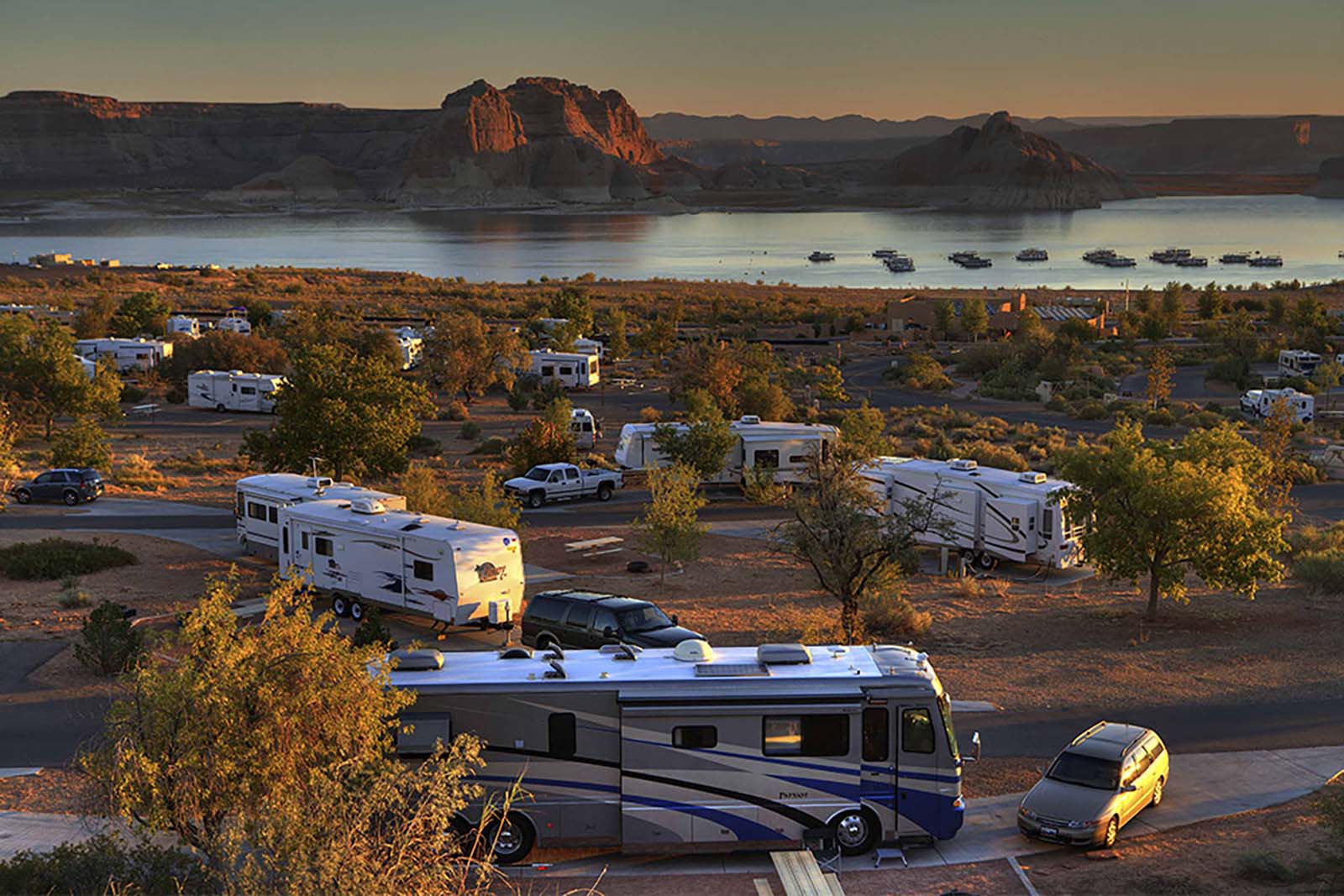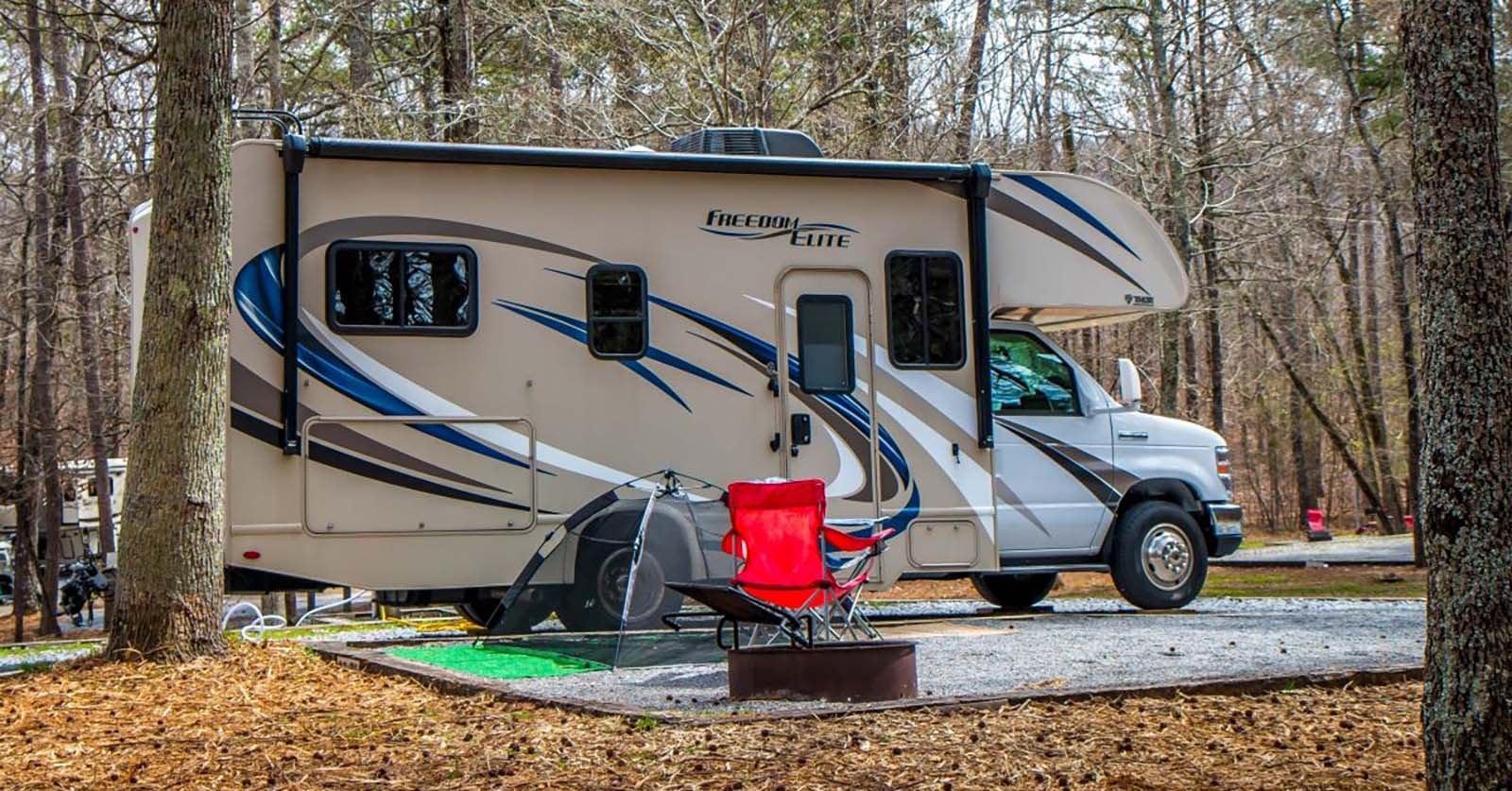RV Battery: What You Need to Know

An Introduction to RV Battery
RV, shorthand for recreational vehicle, is a home on wheels that provides freedom and flexibility for travel enthusiasts. While the engine requires its own battery to start, an RV battery is crucial to power other essential systems within the vehicle. Understanding the functions and maintenance of an RV battery is essential for a smooth and uninterrupted journey.The Role of an RV Battery
An RV battery serves as the primary source of power when an RV is not connected to a shore power outlet. It provides electricity for various purposes, including lighting, running appliances, powering water pumps, and running the HVAC system. Essentially, it powers all the onboard systems that make your motorhome comfortable and functional, ensuring a pleasant travel experience.Selecting the Right RV Battery
Choosing the right RV battery is vital for optimal performance and longevity. There are typically two main types of RV batteries available – flooded lead-acid batteries and sealed AGM batteries. Flooded lead-acid batteries are more affordable but require periodic maintenance, while AGM batteries are maintenance-free but come at a higher price. Factors to consider when selecting an RV battery include capacity, reserve capacity, and compatibility with the RV power system.
Routine Maintenance and Care
Proper maintenance of your RV battery can enhance its lifespan and ensure consistent performance. Regularly inspect the battery for any signs of corrosion, loose connections, or damage. Clean the battery terminals and connectors to ensure a good electrical connection. It is also important to check the electrolyte levels in flooded lead-acid batteries and recharge the battery when needed. Additionally, storing the battery at the recommended temperature and avoiding overcharging or deep discharging are crucial for extending its lifespan.The Replacement Process
Like any battery, an RV battery has a limited lifespan. If you notice a significant decrease in performance, difficulty holding a charge, or if the battery is more than 3-5 years old, it may be time to replace it. When replacing your RV battery, make sure to disconnect the old battery carefully and dispose of it properly. Choose a new battery that matches the recommended specifications for your RV model and power requirements. Following the manufacturer’s instructions, install the new battery securely and ensure all connections are tight.Understanding Battery Terminology
When exploring RV battery options, certain terms may come up. Understanding them can help you make an informed decision. Common terms include amp hours (Ah), which measures the battery’s capacity, and cold cranking amps (CCA), which indicates the battery’s ability to start the engine in colder temperatures.
Tips for Extending Battery Life
To prolong the life of your RV battery, consider implementing a few practices. This includes avoiding unnecessary power usage, such as leaving lights or appliances on when not in use. Additionally, using energy-efficient LED lighting and installing a battery monitor system can provide insights into your battery’s condition and optimize its usage.Adapting to Different Power Sources
While an RV battery powers many onboard systems, an RV can also connect to external power sources. Understanding how to switch power sources and utilize them efficiently is crucial for a seamless journey. Whether connecting to a shore power outlet, a generator, or utilizing solar panels, knowing the proper procedures and equipment required is essential.Dealing with Common Battery Issues
Despite proper care, battery issues may still arise. Being prepared and knowing how to troubleshoot common problems can save you time and frustration. Some common issues include sulfation, which affects battery performance, and parasitic draw, where certain components drain power even when not in use. Learning how to identify these issues and take appropriate action can prevent further damage and extend the life of your RV battery.In conclusion, an RV battery is a critical component that powers various systems within your recreational vehicle. By selecting the right battery, performing routine maintenance, and addressing common issues, you can ensure a smooth and enjoyable travel experience. Remember to prioritize safety and follow manufacturer guidelines when dealing with your RV battery. Happy travels!

